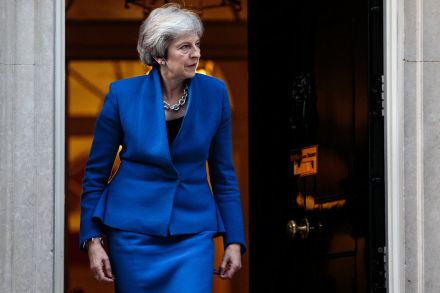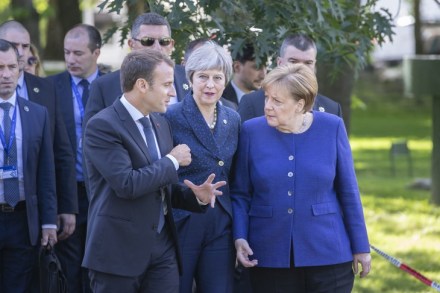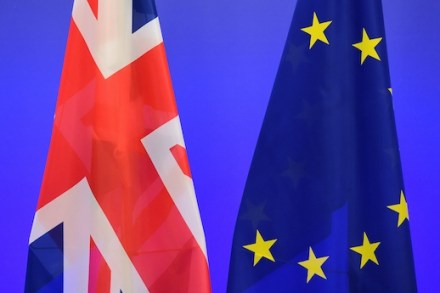The leaked Brexit memo exposes May’s botched strategy
The leaked plan of how the Government might try to sell the Brexit deal contains a telling passage. The memo instructs the Cabinet Office to talk up the agreement by ‘comparing it to no deal but not to our current deal’. For all the claims by a government spokesman that the ‘misspelling and childish language in this document should be enough to make clear it doesn’t represent the government’s thinking’, this key phrase is the closest we have come to a disturbing admission: that Theresa May’s deal could leave us worse off than remaining in the EU. The suggestion that this might be the case – coupled with the speed with which it seems Downing Street





















